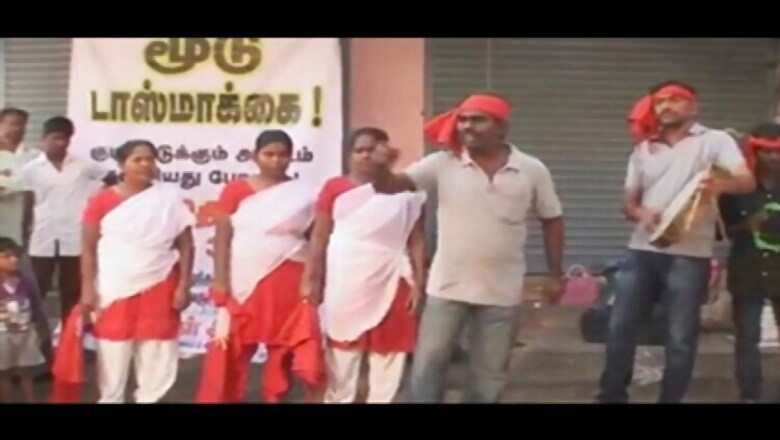
views
Tamil Nadu chief minister J Jayalalithaa dreams of becoming the prime minister of the country one day, like several other aspirants like Mulayam Singh Yadav, Nitish Kumar, Lalu Prasad, Rahul Gandhi, Mayawati or even HD Deve Gowda, who is eyeing a second term. Jayalalitha cannot be faulted for her ambition, except for a genuine apprehension whether she can be trusted to be a democratic prime minister or will turn into an authoritarian one?
For instance, right now we have a situation where a large section of the intelligentsia, including writers, artists, historians, filmmakers and scientists have made strong statements against the “atmosphere of intolerance” under the watch of Narendra Modi government and have returned the national awards they had previously won.
If Jayalalitha were to be elected as prime minister, given a similar situation as what Modi is now facing, will she slap them with sedition charges and order their arrests for ‘inciting people against the government?’
It is neither inconceivable nor a hypothetical question considering that the Tamil Nadu government has recently arrested Kovan, a folk singer associated with a radical leftist group, under the draconian sedition law (Section 124A of the IPC) for his songs critical of the liquor policies of the Jayalalithaa government. Kovan (45), whose real name is S Sivadas, has also been charged with Section 153 (provoking riots) and Section 505 (1)(b)(c) (intent to cause alarm to public against the state.)
As several leaders of opposition parties and human rights organisations have registered strong protests against Kovan’s arrest, the state government is trying to ‘fix’ him with more serious charges, linking him with the Naxalites. For a mighty state, Kovan’s background is as ordinary as it can be. Hailing from Kumbakonam, he moved to Oraiyar in Thiruchirapalli district to take up the job of a fitter in Bharat Heavy Electrical Limited.
In 1996, he quit his job and founded a small social group called Makkal Kalai Ilakkiya Kazhagam (People’s Art and Literary Association). This group meets regularly, writes songs on burning social issues like caste divisions, evils of alcoholism etc and travels across villages, rendering their songs in rustic folk tunes.
"In the last two decades, we have written and sung songs about the dangers of the nuclear plant at Koodamkulam, illegal sand mining and so on," says M Sathya, a group member. Kovan’s songs focus on the contradictions between the welfare schemes of the government and its liquor policy which is deleterious to the health of the people. One of the songs talks about schools being shut while liquor shops are being opened everywhere. It also caricatures Jayalalitha herself serving liquor.
The government decided to act after Kovan’s songs went viral and recorded over 4 lakh views on the YouTube. But slapping him with sedition was like swatting a fly with a hammer. Kovan’s lawyer Jim Raj Milton says the charges will not stick. “There is nothing seditious. There is anger behind Kovan’s songs, but there is logic behind this anger. This is an art form. Even charges of defamation cannot stand,” he says.
After spending a fortnight in police custody, Kovan was released on bail by the Madras high court on November 16. Jayalalitha government’s proclivity to invoke draconian laws like TADA, POTA and the Goonda Act is well known. In 2014, her government amended the Goonda Act allowing the police to detain suspects in prison up to one year even if it was first offence. Her government has instituted over 100 defamation cases against political opponents.
It is clear that the Jayalalithaa government has become increasingly nervous about public anger and agitation demanding total prohibition in the state. It all started with Gandhian activist Sasi Perumal, who had launched a people’s movement in support of a ban on the sale of liquor in 2013, but tragically died this July at his home town of Marthandam in Kanyakumari district in the midst of his protest demanding the closure of a government liquor shop close to a school and a church.
The Gandhian’s death caused a huge furore across the state. People’s anger against the proliferation of liquor vends and increasing cases of premature deaths due to excessive drinking, exploded into violence. Many bars and liquor outlets were attacked and burnt down, with women taking the lead. Opposition parties like Pattali Makkal Katchi (PMK) led by Dr Ramdoss and Murumalarchi Dravida Munnetra Kazhagam (MDMK) spearheaded by firebrand leader Vaiko led the agitation demanding introduction of prohibition in the state.
DMK leader M Karunanidhi, licking his wounds after being routed in the Lok Sabha elections, also voiced his support and announced that if voted to power, the DMK would impose a liquor ban. Not many people, of course, remember that Karunanidhi, elected for the first time as chief minister in 1971, had lifted the then existing prohibition, maintaining that it was unworkable.
Not to be left behind, even Vijaykanth, founder of the Desiya Murpoku Dravida Kazhagam (DMDK), who won 29 seats in the last Assembly elections in alliance with AIDMK, also declared his support, offering comic relief considering that the once popular actor is known to be a notorious alcoholic himself.
The AIADMK government sidestepped the demand and concentrated on dousing the fire as it is heavily dependent on the excise revenue from the sale of liquor to subside its various welfare programmes. Tamil Nadu is perhaps the only state in the country which controls both wholesale and retail trade of liquor, thus ensuring that all the revenue flows into the government kitty. The Tamil Nadu State Marketing Corporation (TASMAC), set up in 1983 as the sole agency for wholesale liquor sales, was also given complete monopoly over retail trade in 2003 when Jayalalithaa was the chief minister.
The government has opened 6,800 liquor outlets and 4,500 bars throughout the state and the corporation’s revenue has jumped from Rs 3,640 crore in 2003-04 to Rs 26,188 crore in 2014-15. The sale and revenue have nearly doubled in the last five years, making Tamil Nadu the largest consumer of liquor in value terms in the entire country.
With Amma offering subsidised food at ridiculous prices, not many men go out for work and they spend more time and money on drinking. A society of drunkards is taking a heavy toll of women and children, as more and more men are becoming sick and dying prematurely.
With the Assembly elections less than six months away, Jayalalitha on the face of it has an upper hand over her opponents, including the DMK which is yet to resolve the leadership tussle between Karunanidhi’s two sons, MK Stalin and MK Alagiri. But in an electorally volatile state like Tamil Nadu, any escalation of the demand for prohibition becoming a poll issue could torpedo Jayalalitha’s well laid down plans. And she is perfectly aware of it.
(Author Ramakrishna Updhya is a veteran journalist. He has earlier held senior editorial positions in “The Indian Express”, “Telegraph”, “ETV” & “Deccan Herald”. He is based in Bengaluru)










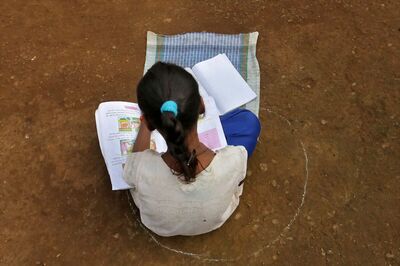


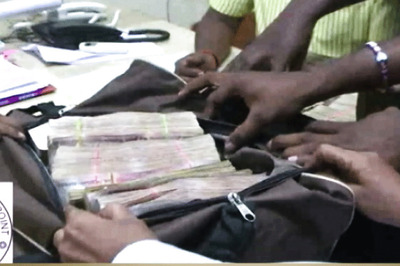


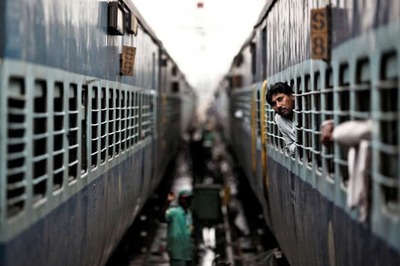

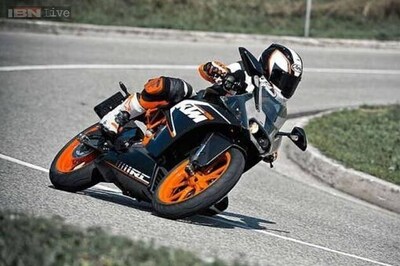
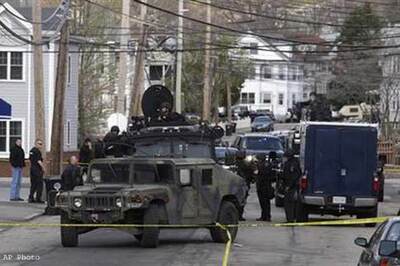
Comments
0 comment